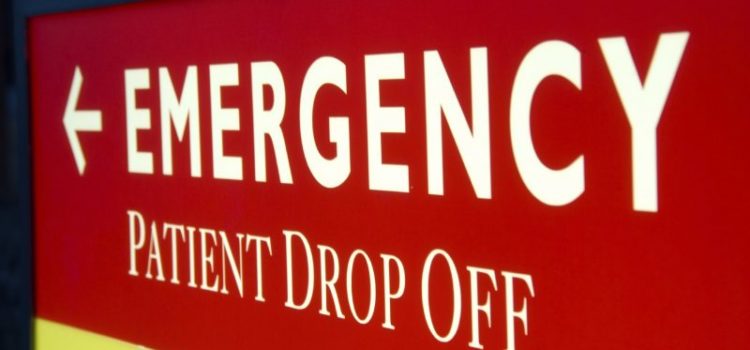A new U.S. Department of Labor rule that would have led to an enormous leap in the number of workers eligible for overtime pay in the United States has been stopped—at least for the time being—by an injunction issued in federal court. Currently, employees who make less than $23,660 annually get time-and-a-half pay if they work more than 40 hours in a week; the new standard would more than double the threshold, to $47,476. That …
Read More









